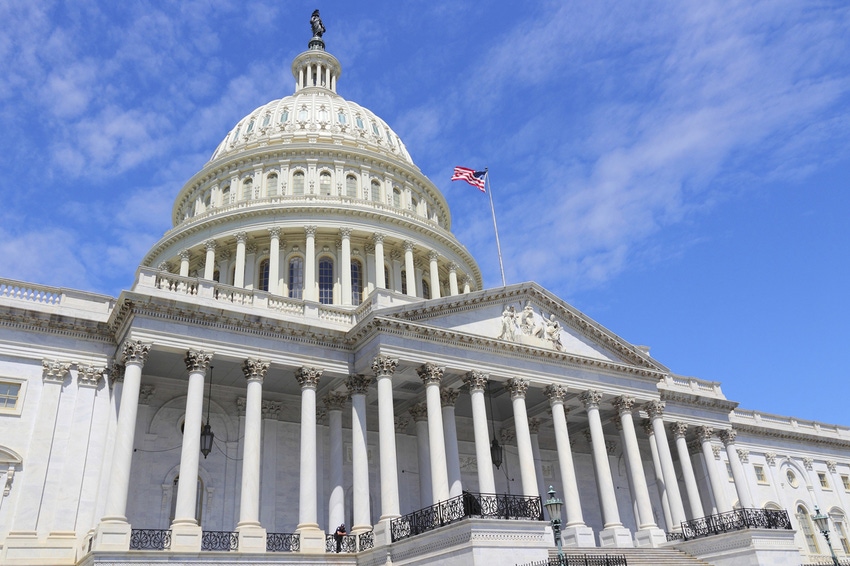Pesticide registration bill heads to President
Pesticide Registration Improvement Act creates more predictable and effective evaluation process for pesticide approvals.

Congress accomplished early action in passing a long-term Pesticide Registration Improvement Act (PRIA) reauthorization that will strengthen and improve pesticide registration through 2023. The full Senate passed the bill by unanimous consent on Feb. 14, followed up by unanimous consent in the House on Feb. 25.
“PRIA represents a collaborative effort between a diverse group of organizations ranging from agriculture, commercial pesticide users, state and federal regulators and environmental advocacy groups,” Chris Novak, CropLife America (CLA) president and chief executive officer, said. “This law provides certainty for consumers, farmers and our members, ensuring pesticides are reviewed and re-reviewed in a thorough and timely manner.”
House and Senate leadership, congressional appropriators and authorizing committees (House and Senate agricuture and House energy and commerce committees) have worked diligently over the past two years to preserve the benefits and process improvements first realized with PRIA’s original enactment in 2004, CLA said in a statement.
The bipartisan PRIA legislation is identical to what passed the Senate unanimously by voice vote in June 2018. In December 2018, a variety of agricultural interests urged Congress to pass PRIA.
Beau Greenwood, CLA executive vice president, government relations and public affairs, expressed appreciation for "the tireless efforts" of Sens. Pat Roberts (R., Kan.) and Debbie Stabenow (D., Mich.) and Reps. Collin Peterson (D., Minn.), Mike Conaway (R., Texas) and Rodney Davis (R., Ill.), "who all made significant contributions to seeing this important PRIA reauthorization through.”
PRIA established a framework for the Environmental Protection Agency when registering pesticides. The original intent has been to create a more predictable and effective evaluation process for affected pesticide decisions by coupling the collection of fees with specific decision review periods. This legislation includes technical changes and extends authority for EPA to collect updated pesticide registration and maintenance fees through fiscal 2023.
The reauthorization provides important new provisions, increasing and clarifying categories of pesticide actions covered, increasing fees for both registration and registration review that reduce burdens on the taxpayer and protects funds for grant programs while increasing transparency and stakeholder engagement by ensuring that grant programs meet measurable goals.
The agricultural groups that supported PRIA's passage previously said in a letter to members of Congress that “long-term authorization is needed to provide the assurance that EPA is required to hire and maintain staff to carry out its important mission within the Office of Pesticide Programs. Without the certainty that PRIA provides, the EPA faces staffing shortages, which hamper the ability to bring innovative pest control solutions to our growers and other users and can hinder EPA’s ability to meet important registration and reregistration deadlines.”
About the Author(s)
You May Also Like




